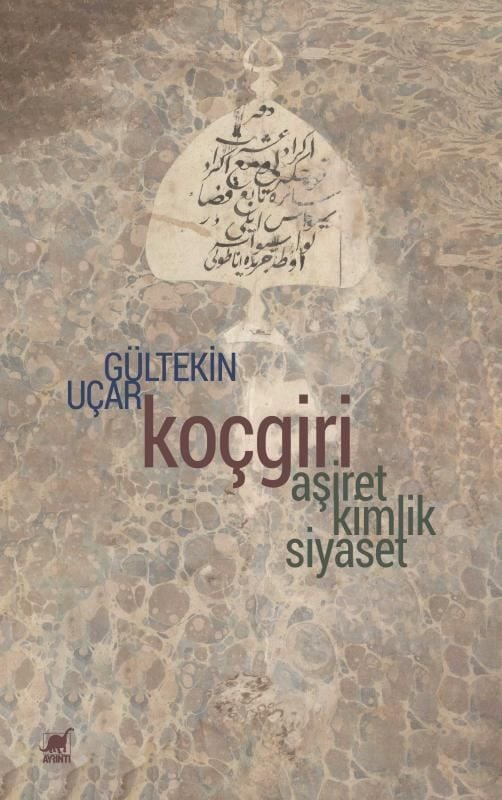
Koçgiri-Tribe Identity Politics
This study argues that the concept of "tribe" is insufficient to describe ethno-religious communities in the Middle East and discusses the concept by dividing it into its components. In the book, the people's communities defined as "tribes" are defined as "ethnos", and the administrative mechanism that emerges from the communities is defined as "tribe". It is claimed that the source of "Asabiyya" is not the kinship of the community, but the "tribe" mechanism, which is actually the core of a class-political structure. This book, which argues that "tribe" is a local administrative mechanism that can only exist when it is accepted as a political interlocutor by the center/state and can continue its existence by being legitimized, also discusses the Kızılbaş/Alevi Kurdish communities from this perspective; It accepts the historical Çemişgezek geography, where Kızılbaş/Alevi Kurdish tribes were formed, as a unique historical-social habitus and tries to discuss the impact of formations such as clan, tribe and community, which are required by such a habitus, on both belief and identity construction, in the context of the relationship with the center. In the book, the dispersion of the communities overflowing from Çemişgezek and Dersim geography to Koçgiri, their relations with the center in parallel with the centralization policies of the Ottoman Empire, and the formation of the "tribe" mechanism are discussed in detail. The Kurdish "asabiyya" created by this mechanism, the Koçgiri "incident" and its impact on the post-Republic period, the dissolution of the "tribe" in the process of urbanization and migration, and the transformation and reshaping of the city are revealed on the basis of archive documents, concrete population data and field interviews. . We hope that this study, which we think is a unique example with its conceptual and methodological approach, will also contribute to tribal studies...
(From the Promotional Bulletin)
Dough Type: 2nd Dough
Size: 13.5 x 21
First Print Year: 2019
Number of Printings: 1st Edition
Language Turkish
| Publisher | : | Details Publications |
| ISBN | : | 9786053144328 |


